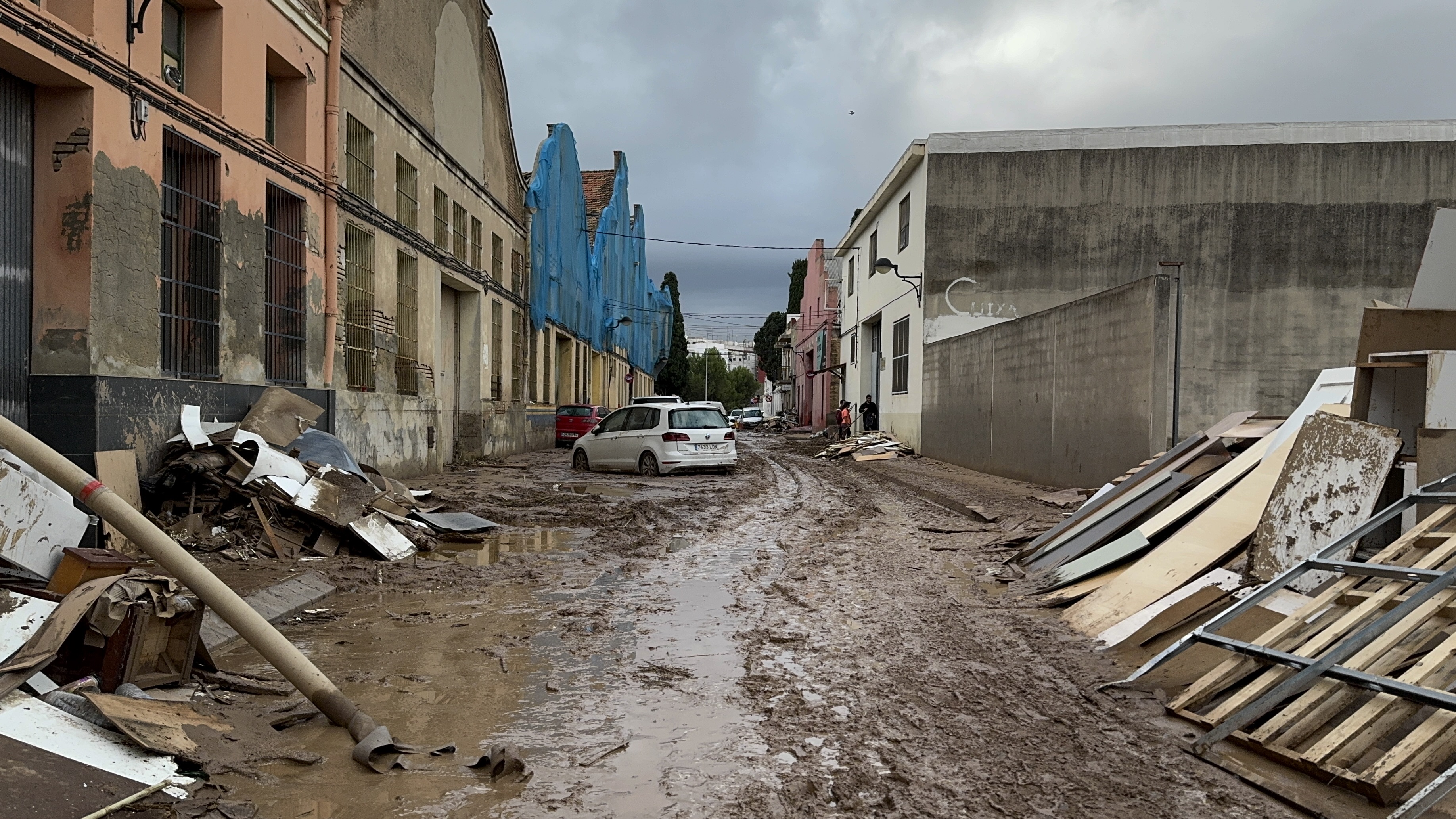properties.trackTitle
properties.trackSubtitle
Natural disasters destroy assets worth hundreds of billions of dollars worldwide every year. Since 1980, they have cost US$ 6.9tn – roughly equivalent to the combined gross domestic product of the United Kingdom and India in 2023. Only around a third of these losses were insured, meaning that many of the people and companies affected had to bear the brunt of the damage themselves.
US$ 6.9 trillion
Losses from natural disasters 1980-2024 (inflation-adjusted)
Roughly 67% was not insured
Severe thunderstorms, flooding and wildfires are causing increasing losses
Climate change strikes – prevention can limit damage
The largest share of the increase in losses is due to the rising values exposed to natural catastrophes. However, studies are providing ever clearer evidence that man-made climate change is playing an increasingly important role in the rising losses, especially for non-peak perils.
In addition, short- and medium-term natural climate fluctuations have a significant impact on the specific risk situation. One example is the ENSO (El Niño/Southern Oscillation) climate oscillation, whose alternating El Niño and La Niña phases influence weather extremes in many parts of the world.
All in all, two things are therefore necessary to limit the damage: loss-reducing adaptations to the risk, such as more stable buildings and avoiding construction in high-risk areas, and halting climate change as far as possible.
People in poorer countries are left with the damage
Often only a small portion of natural disaster damage is covered by insurance. At the beginning of the 1980s, only some 14% of the damage was covered by insurance. In recent years it was still no more than roughly a half.
In developing and emerging countries, however, the situation has remained unchanged for decades: the insured portion is still well under 10%, often significantly lower. Yet a broader use of insurance could help people, especially in emerging markets, to cope with financial losses after natural disasters and make it easier for them to return to a normal life.

Climate change showed its claws in 2024. Well over 90% of the total losses of US$ 320bn were caused by weather-related catastrophes. According to the latest research, many of the events witnessed are becoming more intense or more frequent. Prevention pays off in the form of lower losses and must therefore be given the highest priority. And insurance helps to relieve the burden on affected individuals and companies.
Five decades of research on natural disasters
For insurers, in-depth knowledge of risks and how they change is essential to assess loss trends and provide reliable risk coverage. When the trend of increasing losses due to natural catastrophes became apparent in the 1970s, Munich Re systematically expanded its expertise. Since then, experienced scientists and insurance experts have been analysing and evaluating the entire spectrum of natural hazards, from tropical cyclones, severe thunderstorms and floods to earthquakes and volcanic eruptions.
Research into the scientific relationships, the analysis of large amounts of data (data analytics) and high-resolution risk models that take into account all trends are indispensable. They form the basis for offering our clients natural catastrophe covers on a large scale and for further expanding our capacity, including with innovative insurance solutions. The objective is to correctly assess the loss potential of natural hazards and to make findings on changes available at an early stage for our own risk management and for our customers.
Newsletter
Risk assessment and risk management solutions
Munich Re identifies and analyses changing or emerging risks from natural hazards, including changes resulting from climate change and natural climate variability. The aim is to thoroughly assess the loss potential from natural hazards and to promptly harness findings on changes for the purposes of our own risk management and for the benefit of our clients.
Benefit from our decades of experience in natural catastrophe risk assessment. Munich Re offers solutions for your specific needs.
Reinsurance Solutions
Industry solutions
Contact our experts


















